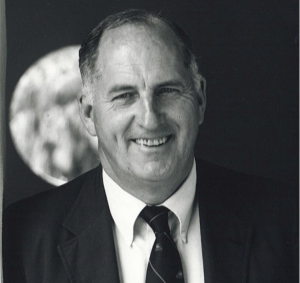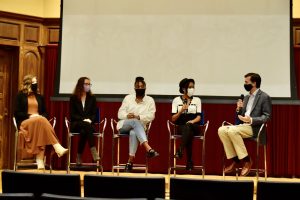In the beginning of November, Rollins College finalized the decision to change its name from the College of Arts and Sciences and The College of Professional Studies to the College of Liberal Arts (CLA). Dr. Emily Russell, an associate professor within the English department, disclosed that this change took eight long months of “weekly meetings, research of other institutions, focus groups, surveys, and faculty-wide discussions” that led up to the merging of the two colleges. Some students questioned what changes would be made to faculty and students’ collegiate life. Students outside of the Student Government Association would most likely not see the majority of the changes, because these changes will occur within the committee. Dr. Russell stated that “the name change is really a refection of a change in the structure of the College; it reflects the unification” of the two committees formed within the separate colleges. Because the two schools were considered separate, there had to be two committees with separate representatives, which created an inefficient system.
So, what were these committees responsible for, and what will their responsibilities look like now? Within the eight months of the hopeful reform, the committees created a proposal: Guiding Principles: Governance Reform. The proposal is to layout the responsibilities of the faculty members within the merge. By now, students should be familiar with the term “global citizens.” According to the school’s mission statement, the foundation of Rollins College is to ensure that students are well rounded and prepared to be global citizens in order to live productive and meaningful lives after graduation. The unified committee has been created to advance this mission even more through teaching and efficient decision making (Guiding Principles: Governance Reform). The Guiding Principles state that “ the system of shared governance should seek to optimize the proportion of time faculty can devote to their students, their teaching and their research” (Guiding Principles: Governance Reform). This system is to be transparent to minimize any uncertainties about students’ and faculty’s academic experiences. Along with this, the Guiding Principles ensure the protection of freedom within academics and the respect of all faculty members regardless of their discipline or rank.
The College of Liberal Arts is to ensure a more productive committee in order to improve faculty and student life on campus, even if students are not directly noticing changes. These changes made by the committee members like Dr. Emily Russell (vice president) and Dr. Dexter Boniface (president) are exemplary of the committee’s allegiance to student life and ensuring students’ achievement of the mission at Rollins.













Be First to Comment